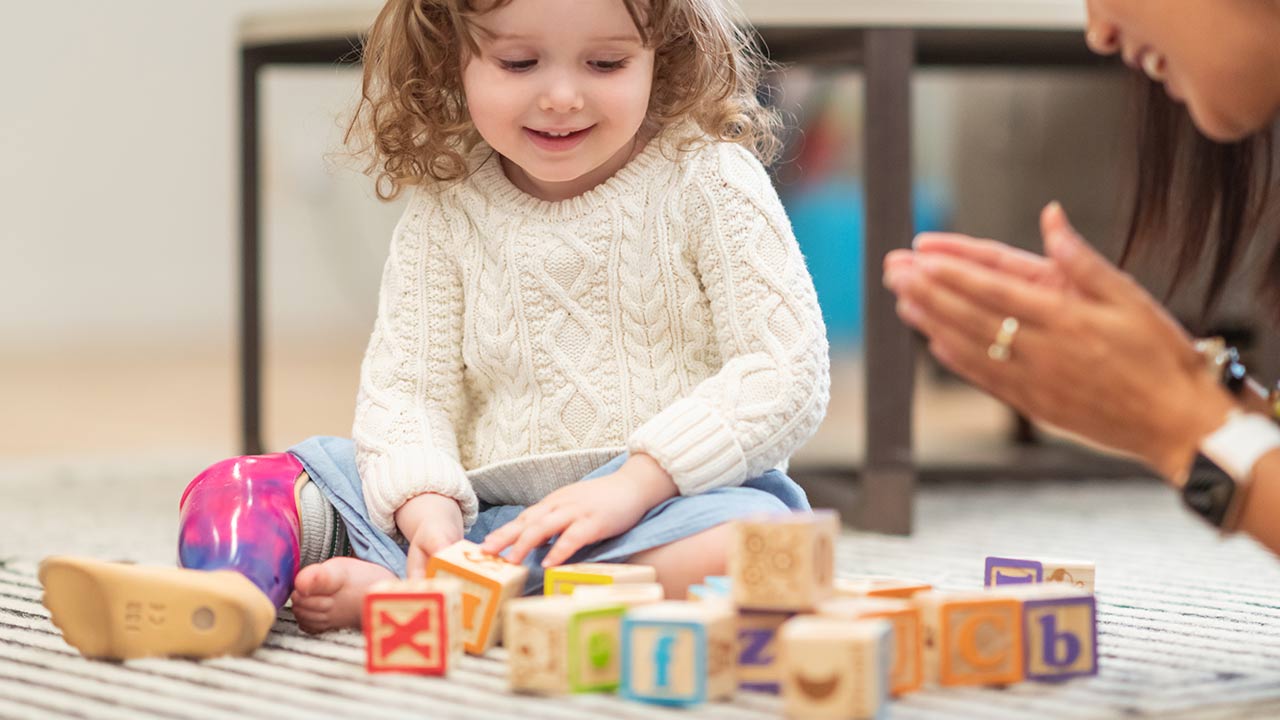Sympathy, self-reflection, drive control, and compromise — are only some of the abilities kids foster through friendly, close-to-home learning (SEL). Dealing with SEL assists with building Character, one of the 5 C’s at the core of the Start Way, to deal with assisting jokes with flourishing in school and life. What’s more, that is great since messes around areas of strength will generally act better, improve in school, and experience less misery.
SEL might have an extravagant name. However, by and by, it includes numerous things guardians do as of now, such as discussing sentiments and taking into account others’ points of view. Social-profound learning is separated into five interrelated regions that are fundamental for youngsters’ turn of events.
Also read: words from x
Sound significant? We concur! Also, we’re here to assist you with understanding what social-close-to-home learning is, why it is important, and how you can assist your children with it.
As parental figures, we need to assist our children with fostering the interactive abilities they need to flourish in their lives as a youngster and in the past. Social-profound learning is a significant piece of the response.
Social-profound learning is separated into five interrelated regions that are fundamental for youngsters’ turn of events.
Table of Contents
What Is Social-Close-to-Home Learning
Youngsters aren’t conceived knowing how to deal with their feelings, coexist with others, or adapt to pressure. If you’ve encountered a little child’s fit in a supermarket, you know precisely what we’re discussing!
Social-close-to-home learning gives examples and exercises that help kids comprehend and deal with feelings, foster sympathy for other people, put forth and achieve objectives, pursue capable choices, and keep up with solid connections. So, it establishes the groundwork for youngsters to develop into positive, mindful, and mindful grown-ups.
How Social-Profound Learning Helps Children
1. More Uplifting outlook
Social-profound learning assists messes with fostering a more uplifting outlook toward themselves and individuals around them.
2. Exploring Grown-up Life
While the concentration right now may be on assisting your kid with having better encounters, SEL abilities don’t quit being valuable toward the finish of life as a youngster.
Kids convey these abilities into their grown-up lives to assist them with settling difficulties in their connections or at work. These are significant components of carrying on with a solid and healthy lifestyle.
3. Better Grades
It’s deeply rooted that social-close-to-home advancing decidedly influences children’s grades. That might be because SEL assists them with figuring out how to take care of issues, adapt to profound pressure, and conquer peer pressure. SEL exercises assist youngsters with fostering this fundamental ability.
4. Mindfulness
Mindfulness assists messes with grasping their contemplations, convictions, feelings, and feelings of anxiety. It’s one of the central abilities of social-profound acquiring — without it, it’s hard to perceive those things in others and skill to answer!
5. Social Mindfulness
Social mindfulness assists us with imagining someone else’s perspective.
Here and there, that individual might be from something other than our own. In any case, compassion is required in ordinary collaborations, as well. It assists messes with understanding the reason why their companion is crying, why that companion might be harmed or furious, or why they might be acting senseless or cheerful.
6. Drive Control
Drive control assists us with halting participating in ways of behaving that might be hurtful to us or individuals around us.
Kids who battle with drive control might have explosions and frequently battle with different children. They may likewise make some intense memories deferring satisfaction.
Many individuals allude to this as “self-administration,” and it very well may be upheld with SEL.
7. Relationship Abilities
To fabricate and keep up with sound connections, kids need to know how to determine clashes, convey actual, and decide when (and how) to request help. Social-close-to-home mastering fosters these abilities.
8. Independent direction
Using sound judgment, including focusing on, is something that children (as well as grown-ups!) battle with. It incorporates gauging upsides and downsides, considering your prosperity and others, and using wise judgment given the entirety of this data.
The more youthful children are the point at which they start to comprehend this significant ability, the additional time they need to foster it before the difficulties of adulthood start.
